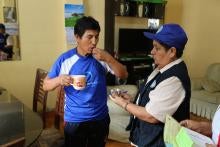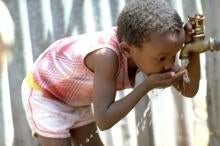World tuberculosis day
The mission of the Pan American Journal of Public Health is to serve as an important vehicle for disseminating scientific public health information relevant to the Region of the Americas. The journal aims to strengthen national and local health systems and to bridge the gap between health care and policy-makers, ultimately improving the health of the peoples of the Americas.















